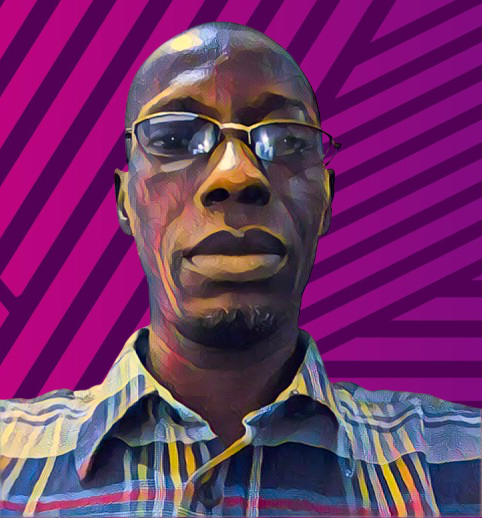The general editor of FirstNews, Mr. Olatunji, has resigned from his position after a two-week detention that led the newspaper to issue an apology to the Chief of Staff to the President, Mr. Gbajabiamila. The resignation comes amid controversy over a news story that accused Gbajabiamila of financial misconduct, which the newspaper later retracted, admitting to inaccuracies.
On March 15, 2024, Mr. Olatunji was forcefully taken from his home in Lagos by military personnel. His abduction sparked outrage among media professionals and rights advocates across Nigeria. He was later found to be held by the Defence Intelligence Agency (DIA) in Abuja, where, according to Mr. Olatunji, he faced harsh conditions. The incident drew considerable attention, leading to his release after significant pressure from various media stakeholders.
The controversial article in question, penned by Mr. Olatunji himself, was titled “How Gbajabiamila attempted to corner $30bn, 66 houses traced to Sabiu.” Following its publication, FirstNews faced immediate backlash, prompting a thorough review of the story’s veracity. On Wednesday, the newspaper’s management publicly acknowledged that the report was based on misleading information provided by an unreliable source. In their statement, they expressed regret for the oversight and extended a full apology to Mr. Gbajabiamila, emphasizing their commitment to journalistic integrity and stating there was no malice intended in the report.
Despite the public apology from FirstNews, Mr. Olatunji felt compelled to step down, citing concerns for his personal safety and the well-being of his family. In his resignation letter, he hinted that the truth behind the controversial story would eventually emerge, suggesting a potential future dispute over the events that led to his resignation.
Mr. Olatunji also used his resignation letter to address another pressing issue — his unpaid salaries. He called on First Media Network Limited, the publisher of FirstNews, to settle his outstanding wages for the past year, highlighting ongoing financial struggles faced by many journalists.
The situation has put a spotlight on the risks journalists face in Nigeria, where reporting on political corruption can lead to severe repercussions. The international community, including the International Press Institute Nigeria, has expressed concern over the treatment of journalists like Mr. Olatunji, who are often subjected to intimidation and violence.
Following the detention and subsequent media outcry, several media bodies, including the Nigerian Guild of Editors and the Newspapers Proprietors’ Association of Nigeria, demanded a thorough investigation into the circumstances surrounding Mr. Olatunji’s arrest. These events led to a meeting on April 14 with the DIA, after which the case was referred to the National Media Complaints Commission, known as the National Media Ombudsman. The outcome of this adjudication is expected to be public, offering a possible resolution to the conflict and contributing to a broader discussion about press freedom in Nigeria.



